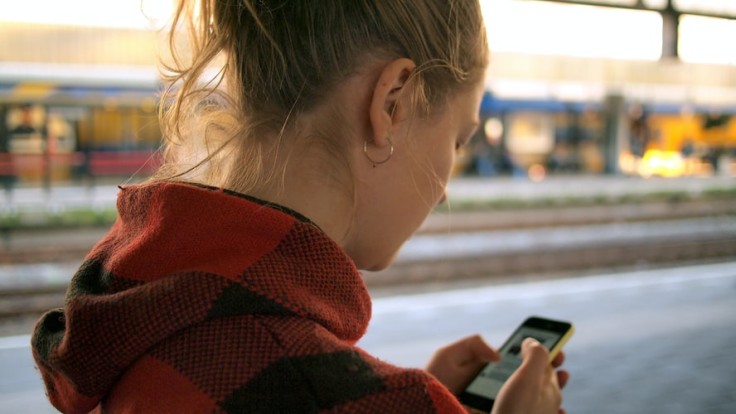
Before students learned to use social media, the question of disciplining a child's conduct was clearly divided. When the student is in school, teachers and school administrators can take action for misconduct. At home, it is the parents' responsibility to discipline unruly behavior.
When students use hate speech against the school, teachers, or students, when can they cry out for free speech, and when can the school say the student crossed the line? Should school officials be allowed to police students' speech off-campus, mainly what students say on social media?
Pennsylvania Student Gets Suspended After Posting on Snapchat
In 2017, a student at Mahanoy Area High School in Pennsylvania sued the school district for violating her right to free speech. After failing to make the varsity cheerleading team, the teenager posted a photo with her friend giving the middle finger along with a caption denouncing the cheerleading squad, the school, and "everything." A screenshot of the Snap was shown to the cheerleading coaches, who suspended the student from the junior varsity team for violating rules on respecting the school and using foul language.
The school district appealed the lower court ruling that ruled in favor of the student. The U.S. 3rd Circuit Court of Appeals agreed with the lower court decision, Milford Daily News reported. Now, the school district is taking the case up to the Supreme Court. This could become a significant case on the First Amendment, limiting what schools can do when students post on social media.
Tinker vs. Des Moines Case
A look back on the February 1969 case shows how the Supreme Court ruled where the school's rights and the student's freedom of speech are in question. Students of a public school in Des Moines planned a silent protest against the Vietnam War by wearing black armbands. The principal warned the students that if they wore the armbands to school, they would get suspended.
Several students disregarded the principal's warning and were indeed suspended. Following their suspension, their parents sued the school for violating the students' right to free speech. Both the lower court and the U.S. Supreme Court ruled in favor of the school, noting that the armbands showing the students' right to freedom of speech would disrupt learning.
The Supreme Court further stressed that students attend school not to teach, but to learn, US Courts.gov revealed. Hence, the school officials acted on a legitimate interest in school to maintain a productive learning environment.
Can Schools Punish Students for What They Post on Social Media?
The Pennsylvania case can help improve the First Amendment to further clarify disciplinary actions in the age of social media. Student Press Law Center attorneys argued that school officials should have almost no authority over students' off-campus speech.
Still, students should be fully responsible for their speech. What they say remains subject to laws and restrictions. While students generally have the right to speak their mind on social media, and schools may not punish them based on disagreeing with the students' opinions, the school can discipline the student in certain situations.
Using Social Media in School
The school can discipline the student for social media use during school hours.
Promotes Illegal Conduct
This is noted as "substantial disruption," which includes speech that encourages violating school rules, causes significant interference with other students' education, and encourages illegal drugs, alcohol, and theft.
Threats of Violence or Harassment
Outside of school hours, schools can discipline students over off-campus speech, including social media posts that threaten classmates or school officials. Even when the post is made off-campus, on the student's own time and device, the school can give the student disciplinary sanctions.
Cyberbullying and Impersonating
When students create fake pages or fake profiles to bully someone, the school can also discipline them. Further, attempts to impersonate other students or school officials can get the student in trouble.
Violation of School Policy
The school has the right to discipline students who violate a code of conduct established by their school policy. Further, when the speech can potentially disrupt the educational process, such as in the Tinker vs. Des Moines case, the student can also get in trouble with the school.
Racist Content
The First Amendment also states that if the content is offensive, vulgar, racist, indecent, sexually suggestive, or inappropriate in a school setting, the student can get in trouble. Again, there needs to be clarification for vulgarity and offensive comments the students make on social media posts.